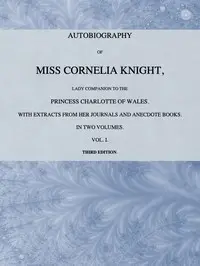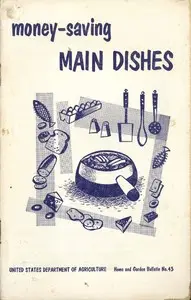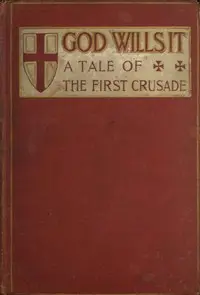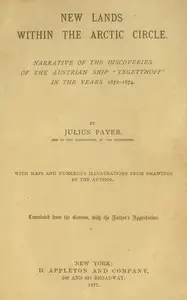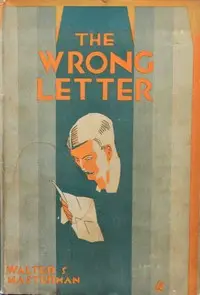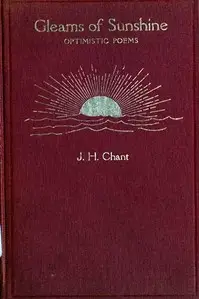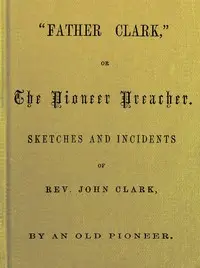"Autobiography of Miss Cornelia Knight, Lady Companion to the Princess Charlotte" is a historical account written in the early 19th century. The book chronicles the life and experiences of Miss Cornelia Knight, who served as the lady companion to Princess Charlotte of Wales, providing insights into the inner workings of the British royal family and the political intrigues of the time. The narrative likely explores themes of loyalty, duty, and the complexities of royal life, particularly through Knight's perspective and interactions with Princess Charlotte. The opening of the autobiography introduces readers to a significant period in Princess Charlotte's life, detailing her discussions surrounding a marriage arrangement with the Prince of Orange. Miss Knight recounts the various political pressures and personal sentiments that influenced the decision to break off the engagement, reflecting the tumultuous nature of royal alliances. The passage highlights Knight's close relationship with the princess, as she witnesses the emotional challenges Charlotte faces during the process of navigating her duty to family and country. This sets the stage for a detailed and intimate exploration of royal life in the early 19th century, as seen through the eyes of someone deeply entwined in these historical events. (This is an automatically generated summary.)
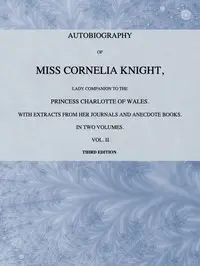
Autobiography of Miss Cornelia Knight, lady companion to the Princess Charlotte of Wales, Volume 2 (of 2) with extracts from her journals and anecdote books
By Ellis Cornelia Knight
"Autobiography of Miss Cornelia Knight, Lady Companion to the Princess Charlotte" is a historical account written in the early 19th century. The book ...
Ellis Cornelia Knight was an English gentlewoman, traveller, landscape artist, and writer of novels, verse, journals, and history. She had the acquaintance of many prominent figures in her lifetime, from members of the circle of Samuel Johnson and Sir Joshua Reynolds in her girlhood; Cardinal de Bernis, Sir William and Lady Emma Hamilton, and Lord Horatio Nelson during her Italian sojourn; and members of the British Royal Family during her service to Queen Charlotte and Princess Charlotte Augusta of Wales. She corresponded with or met other writers of her time including Frances Burney, Germaine de Staël, Lady Charlotte Bury, and Jane Porter.


